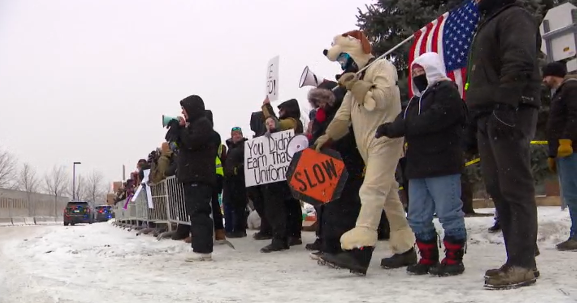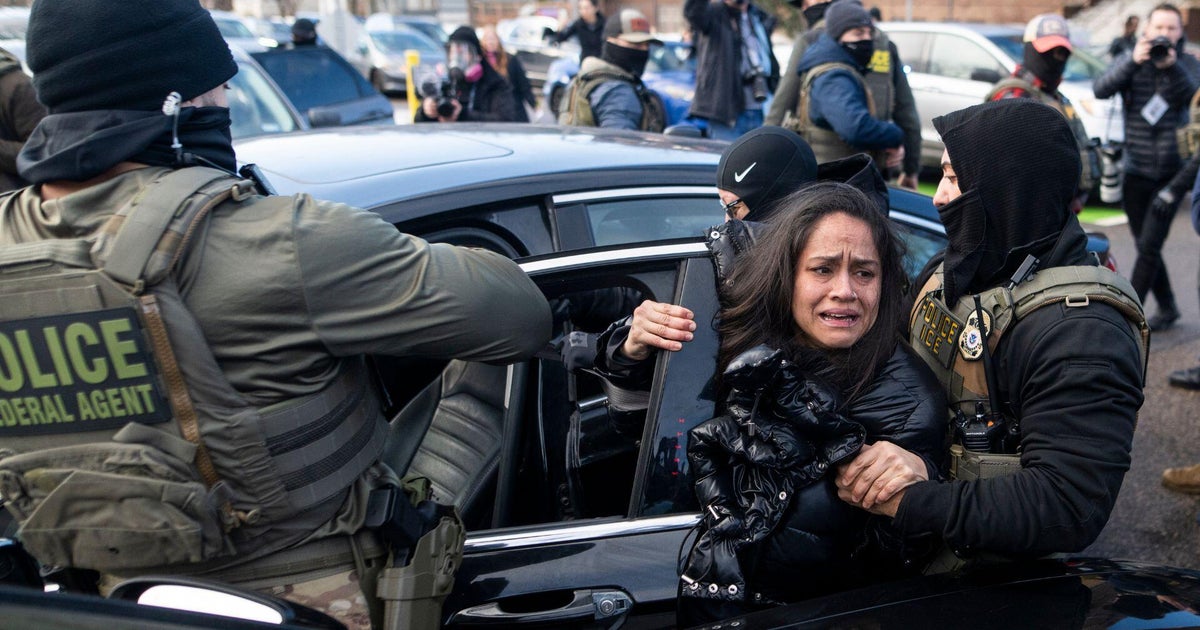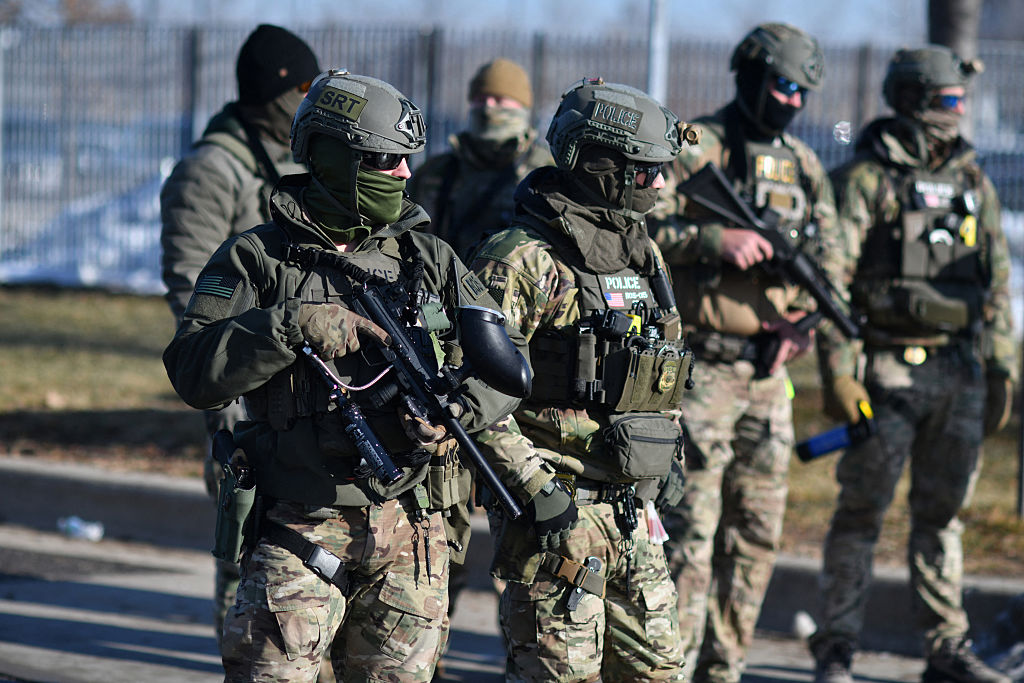Justice Department opens probe of Minneapolis police after Chauvin conviction
Washington — Attorney General Merrick Garland announced Wednesday the Justice Department has opened a civil investigation into the Minneapolis Police Department's policing practices following the conviction of former Minneapolis Police Officer Derek Chauvin for the death of George Floyd. Floyd's killing, caught on camera, shocked the nation and sparked widespread protests against police brutality.
In brief remarks from the Justice Department, Garland said the sweeping probe will determine whether the Minneapolis Police Department engages in a "pattern or practice" of unconstitutional or unlawful policing. The new civil investigation is separate from an ongoing federal criminal probe into Floyd's death from the Justice Department.
While Garland praised the verdict rendered by the Hennepin County, Minnesota, jury Tuesday, he said it "does not address potentially systemic policing issues" in Minneapolis.
"Most of our nation's law enforcement officers do their difficult jobs honorably and lawfully," he said. "I strongly believe that good officers do not want to work in systems that allow bad practices. Good officers welcome accountability because accountability is an essential part of building trust with the community, and public safety requires public trust."
The Justice Department's investigation announced by Garland will examine whether the Minneapolis Police Department engages in discriminatory conduct and a pattern of using excessive force, including during protests. The department will conduct a "comprehensive review" of its policies, training, supervision and use-of-force investigations, the attorney general said.
"Although the state's prosecution was successful, I know that nothing can fill the void that the loved ones of George Floyd has felt since his death," he said.
Garland's remarks came after the jury convicted Chauvin of unintentional second-degree murder, third-degree murder and second-degree manslaughter for Floyd's death last May. The 12-person jury deliberated for about 10 hours before rendering the guilty verdict in the closely watched case on Tuesday.
Read from the bench by Judge Peter Cahill, the verdict was met with cheers from a crowd of peaceful demonstrators who gathered outside the Hennepin County Government Center in anticipation of the decision from the jury. While Chauvin's conviction was met with relief, it reignited calls for Congress to pass sweeping police reforms.
President Biden said in remarks from the White House that the verdict is a "step forward," but said Chauvin's conviction is "much too rare" in cases where unarmed Black Americans die at the hands of law enforcement. The outcome, the president said, was the result of a "unique and extraordinary convergence of factors."
"We can't stop here," Mr. Biden said, as he and Vice President Kamala Harris urged Congress to pass the police reform bill named for Floyd.
The president said it is crucial not only for state and local governments to address racial disparities in policing, but also the federal government, and said the leadership he installed at the Justice Department is "committed to restoring trust between law enforcement and the community."
As part of that renewed commitment to civil rights issues and accountability in law enforcement, Garland on Friday rolled back a 2018 memo from the Trump administration that restricted the use of consent decrees used in federal investigations of police departments.
Clare Hymes contributed reporting.





